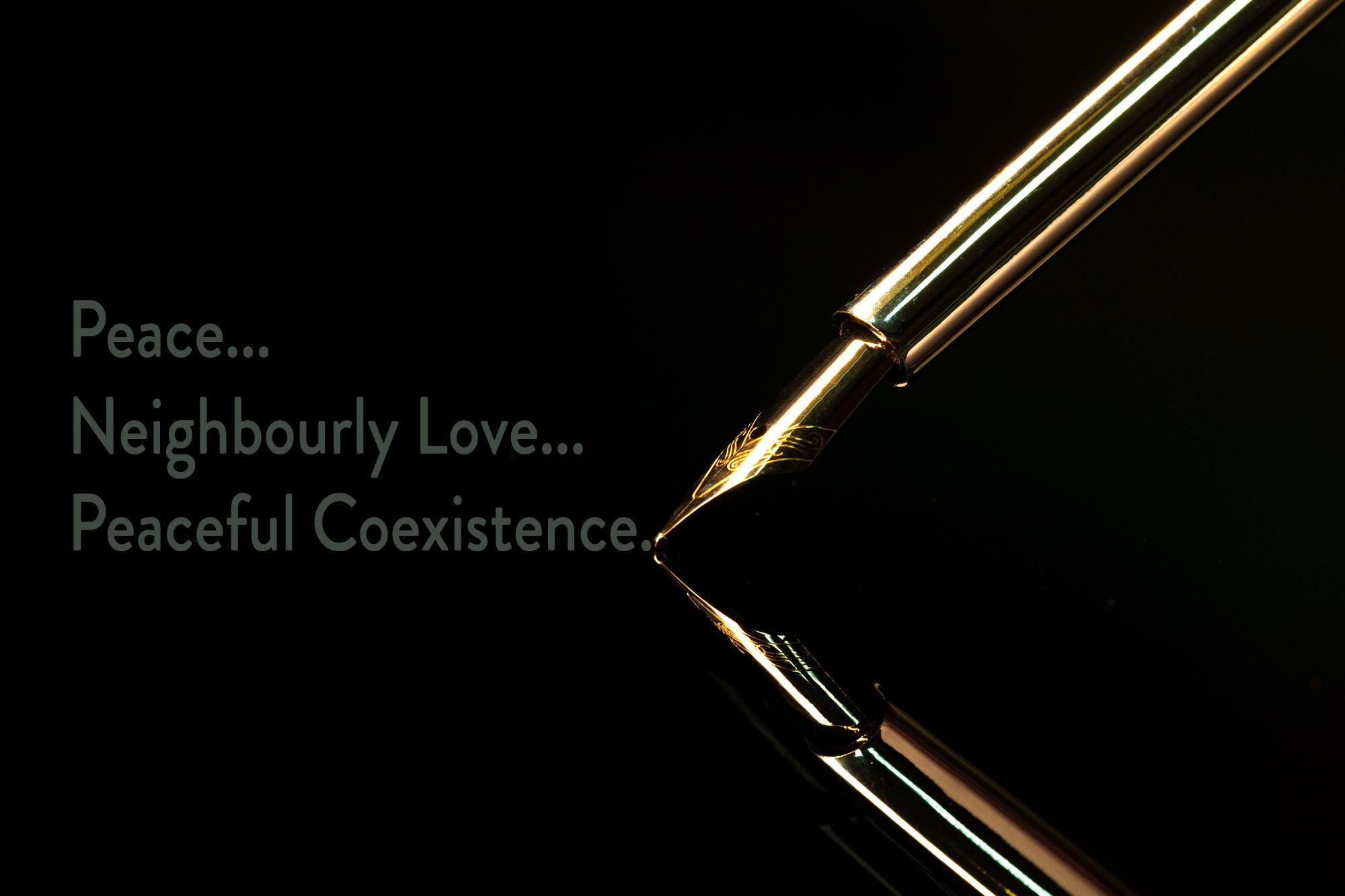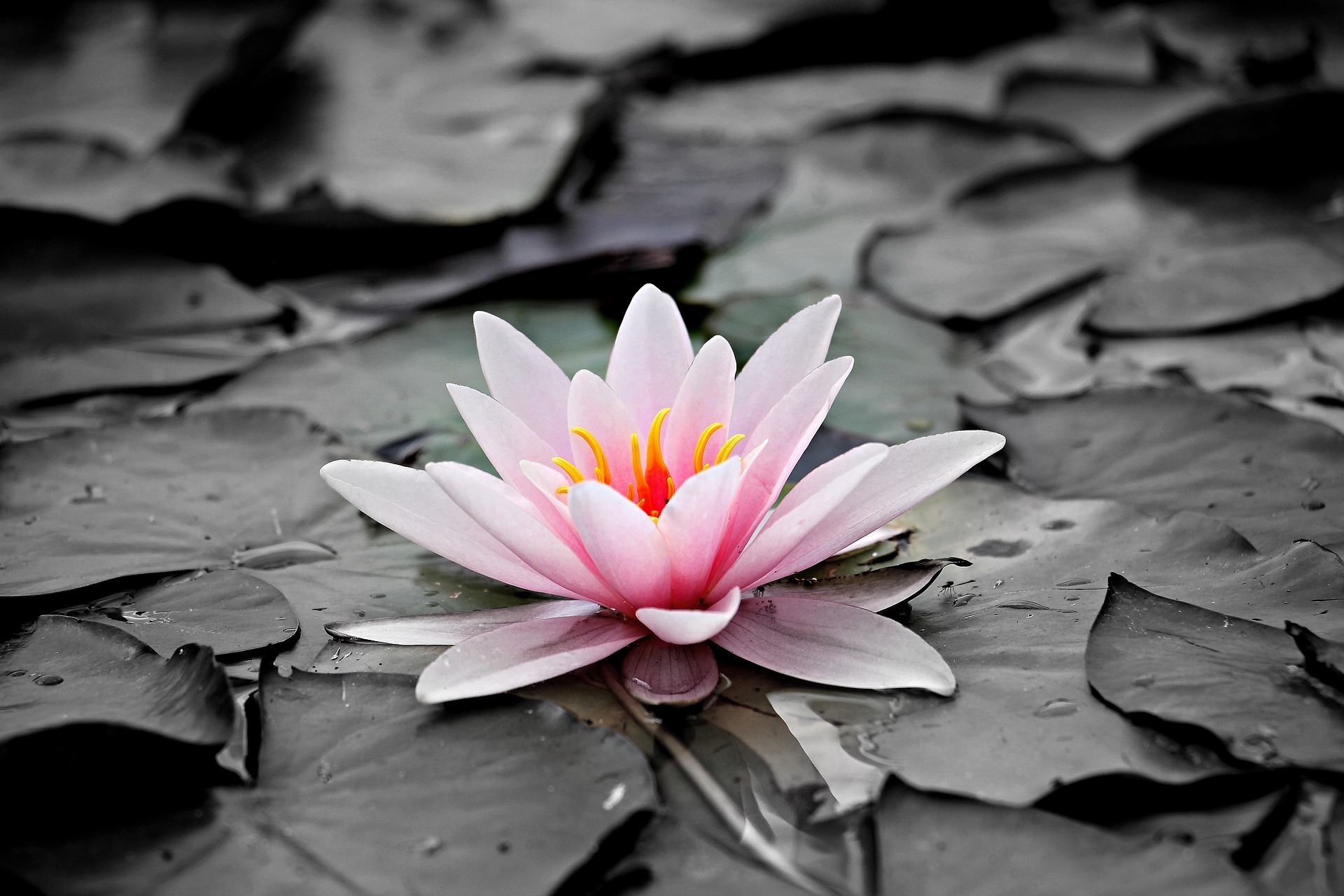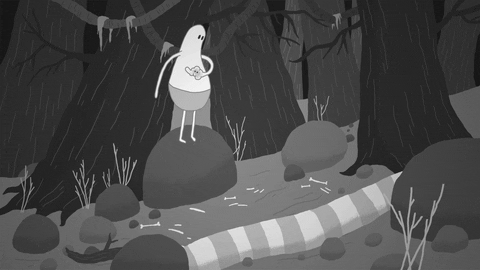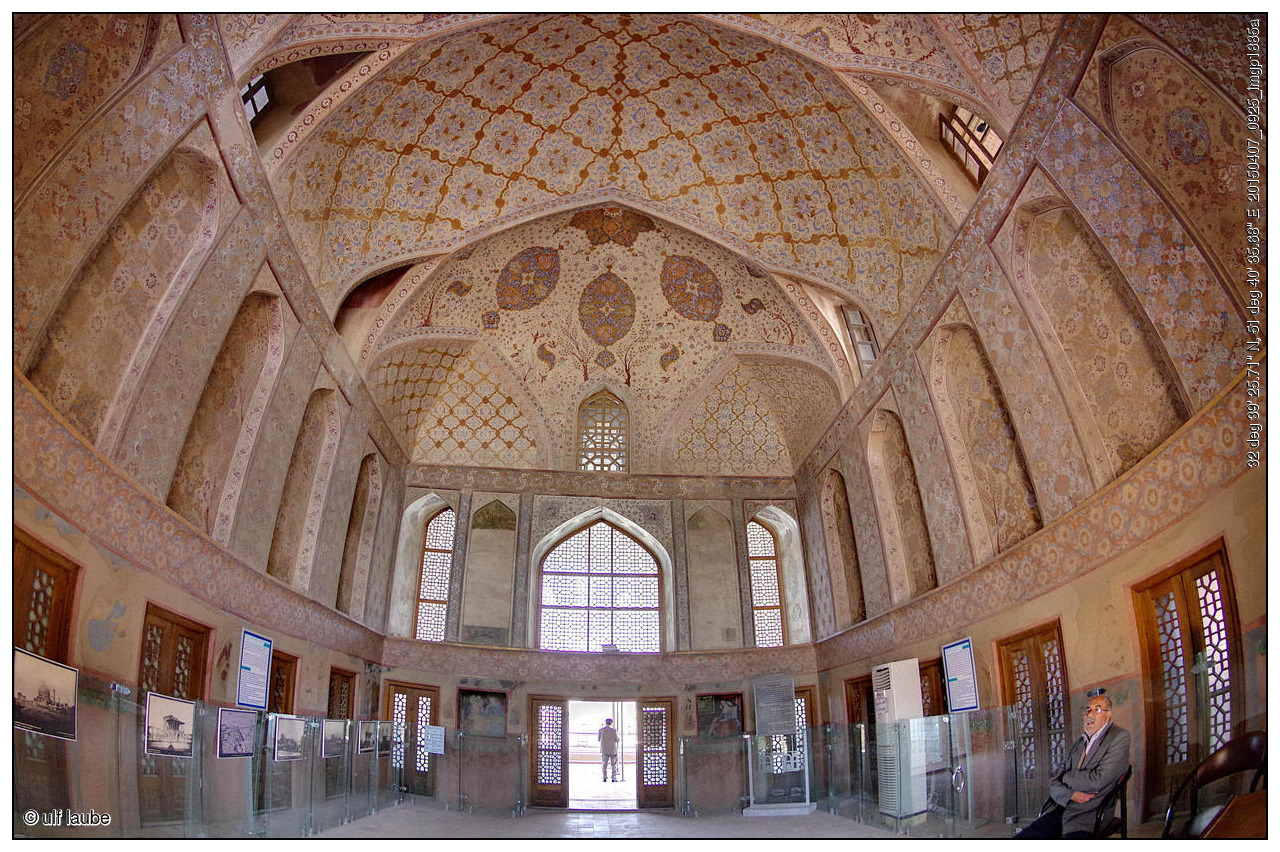
There’s no doubt about it, war is always a means to an end…which is tragic and cruel, no doubt about that either.
Yet, war has some striking differences to other kinds of conflict in human life!
It practically never happens over night, without any warnings or talks in advance, usually power and money are involved.
At the same time, in practically any case you may want to look at in recent or ancient history, the fame or the dignity of a country or its leader(s) was a ‘bone of contention’ as well.
The diverse political societies and international organizations show the will to ‘power games’, and also the need for a sort of balance in power.
There’s always a way, if we keep talking and negotiating, in politics — as well as in every day life. The recent problems apparently occurring between Iran and other nuclear power-holding countries could have been avoided, if under the last but one US-government the contracts with Iran hadn’t been cancelled — completely irresponsibly. Where it had taken close on ten years negotiating those in the first place.
One very deciding aspect of eventually successful negotiating is ‘putting yourself into your opponents shoes’. Try imagining what it would be like to be on their side, even if only for a while.
Alas, it seems, every generation has to learn all the lessons of the past all over again. That’s why proper and enlightened education is so crucial for our children! And grandchildren and great-grandchildren, because:
As long as this planet and its peoples are revolving, living, breathing, I refuse to call any generation ‘the last’!
In other words: Where’s life, there’s hope!
So many of the forecasts of also recent as well as ancient history proved to be wrong!
To ‘throw in the towel’ long before anything is desperate or dead, really, is no option.
Let’s keep to it – and remember about the breaks!








